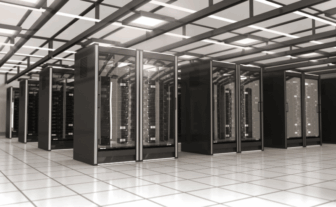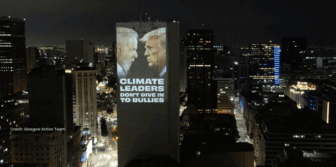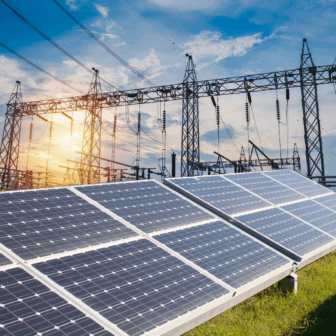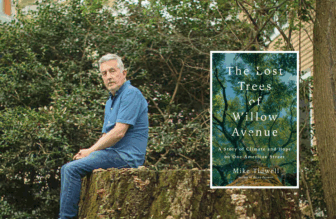What do these things have in common?
They’re part of Governor O’Malley’s legislative agenda. Woo!
Of course, the part that I really care about is the Greenhouse Gas Reduction Act of 2009 (formally known as the Global Warming Solutions Act), also known as SB 278 to the policy wonks. For a summary of exactly what the bill does, you can check out O’Malley’s list of legislative priorities. It’s on page 10. Oh, and by the way, thank our favorite clean energy superhero if you haven’t already.
So why do I keep getting so excited about this bill? Well, a lot of reasons. Not only does it take a crucial step in regulating our global warming pollution right here in MD, it also creates jobs and stimulates the economy (check out this report for how investing in clean energy will create thousands of jobs here in MD). It puts us on the right path to actually reducing pollution right here in MD – something that’s sorely needed considering that we emit almost as much global warming pollution as Sweden and Norway combined, even though MD is WAY smaller in size.
The best part, though, is broad-ranging support this bill has. For the first time, Maryland’s top labor leaders and many key manufacturing companies support the legislation. This is thanks to in-depth discussions facilitated by the Governor’s staff late last year and involving all key stakeholders from across the state. We hope these kinds of stakeholder meetings can be seen as an example as other states and the federal government move forward on climate legislation. During facilitated stakeholder meetings it became clear that, in addition to Maryland’s global warming bill, we also need a very strong federal carbon cap. This cap will complement Maryland’s effort by creating a level national playing field for industries and workers. Maryland can take a big step by passing this bill, but our one state can only do so much. After the passage of this bill, we’ll be setting our sights on Washington and look forward to working with Maryland’s influential federal leaders to champion much-needed climate legislation.
By the way: as your friendly and official Annapolis Correspondent, I’ll be posting updates on the GGRA as it moves through the legislative process, and keeping you informed on how to get involved. The next step for the bill? A hearing in the Senate Committee on Education, Health, and Environmental Affairs. If there are any shenanigans, you’ll be the first to know.
CitizenScience, the science and technology program of SustainUS, is hosting its annual paper competition. The winning submission from each group will be published in Citizen Science, an online journal that honors youth in the United States that are interested in enriching public dialogue with innovative and scientific approaches to sustainable development. In addition, authors of winning submissions will have the opportunity of presenting their paper at the UN Commission on Sustainable Development's 17th Session (UN CSD-17) in New York City in May 2009. At UN CSD-17, SustainUS will be joined by the US State Department in recognizing your initiative, leadership and insight.
Papers should be written for a non-scientific audience on natural or social science topics related to the economic, social, technological or environmental dimensions of sustainable development addressed by the current session of the UN Commission on Sustainable Development. UN CSD-17's thematic issues are: Agriculture, Rural Development, Land, Drought, Desertification and Africa. Papers need not describe original research, though original research is welcome and encouraged. Based on current education affiliation, submissions will be divided and judged in the following groups: middle and high school, undergraduate and graduate.
Please submit your paper to the Citizen Science Technical Board. Applications will be accepted on a rolling basis until February 6, 2009. Please direct all paper submissions and questions to CitizenScience@SustainUS.org. For more information, competition entry rules, and winning papers from prior years, please visit www.sustainus.org/citizenscience.
Good luck!





